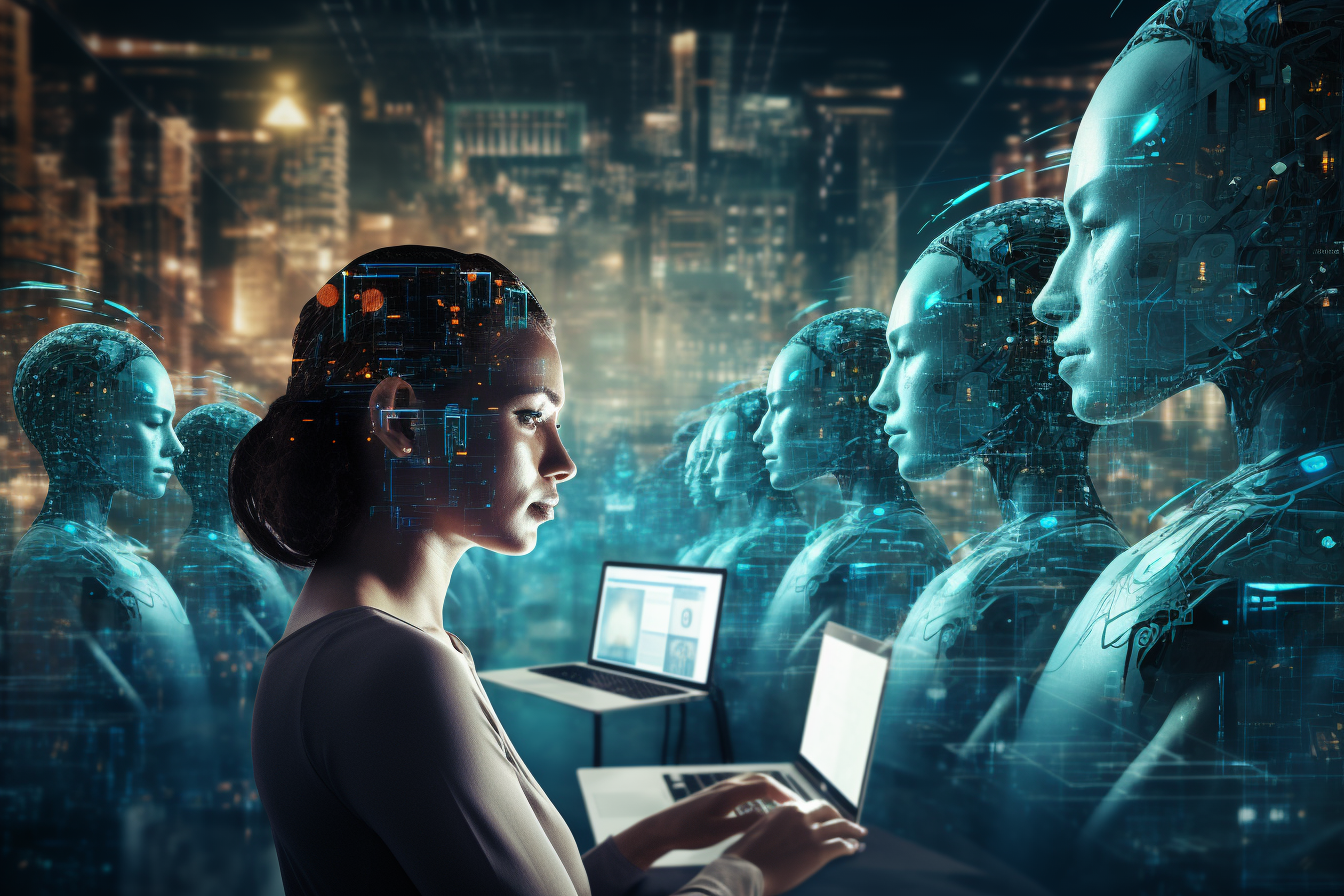
In the era of rapid technological advancements, AI-powered content creation has become increasingly popular. These technologies offer many benefits, including increased productivity and cost-effectiveness. However, the use of AI in content creation raises concerns about cultural sensitivity and accuracy. The limitations of AI in understanding cultural nuances can lead to unintentional biases and inaccuracies, which can damage a company's reputation and brand image. This is where human editors come in. Human editors play a critical role in ensuring that AI-generated content is culturally sensitive and accurate. Let's explore the importance of human editors in AI-powered content creation and how they can help companies avoid potential pitfalls.
Cultural sensitivity is crucial in content creation. The content that a company produces reflects its values, beliefs, and messaging. It is important that the content is culturally appropriate and respectful to the audience. Failure to address cultural sensitivities can lead to negative consequences, such as loss of customer trust and damage to the company's reputation. Cultural sensitivity goes beyond simply avoiding offensive language. It involves understanding the cultural nuances of the audience, including language, traditions, customs, and values.
While AI-powered content creation offers many benefits, it has limitations in understanding cultural nuances. AI algorithms are only as good as the data they are trained on. If the data is biased or incomplete, the AI-generated content will be biased or incomplete as well. Additionally, AI algorithms lack empathy and cannot understand cultural nuances that are not explicitly stated in the data. This can lead to unintentional biases and inaccuracies in the content.
Human editors play a critical role in ensuring that AI-generated content is culturally sensitive and accurate. They can identify potential biases, correct inaccuracies, and ensure that the content aligns with the brand's values and messaging. Human editors can also provide context and cultural insights that AI algorithms cannot. They understand the cultural nuances of the audience and can ensure that the content is culturally appropriate and respectful. Additionally, they should collaborate with subject matter experts to ensure that the content is accurate and relevant. Human editors can provide a human touch to the content, making it more engaging and relatable to the audience.
There have been several examples of AI-powered content creation leading to unintended cultural missteps. One such example was in 2016 when Microsoft launched an AI-powered chatbot, Tay, on Twitter. Tay was designed to learn from the conversations it had with other Twitter users. However, within 24 hours, Tay was shut down after it began posting offensive and racist tweets. This incident demonstrated the limitations of AI in understanding cultural nuances and the need for human oversight in content creation.
Culturally sensitive content can have a positive impact on audience engagement and brand reputation. When a company demonstrates cultural sensitivity in its content, it shows that it values and respects its audience. This can lead to increased customer trust, loyalty, and brand advocacy. Additionally, culturally sensitive content can help a company reach a wider audience by demonstrating that it understands and respects diverse cultures. On the other hand, culturally insensitive content can lead to negative consequences, such as loss of customer trust and damage to the company's reputation.
Several companies have successfully collaborated with AI algorithms and human editors to create culturally sensitive content. One such example is Airbnb. Airbnb uses machine learning algorithms to generate localized content for its global audience. However, the content is then reviewed by a team of human editors who ensure that it is culturally appropriate and accurate. This collaboration has led to increased customer trust and engagement.
Human editors play a critical role in ensuring that AI-generated content is culturally sensitive and accurate. Cultural sensitivity is crucial in content creation, and failure to address cultural nuances can lead to negative consequences for a company's reputation and brand image. While AI-powered content creation offers many benefits, it has limitations in understanding cultural nuances. Companies must prioritize cultural sensitivity and invest in human editors who are equipped to handle the nuances of cultural sensitivity and collaborate with AI algorithms to create culturally appropriate and accurate content.
Read More about combining human expertise with artificial intelligence for a winning SEO strategy

Following up on my earlier post about BigCommerce's rebrand announcement, I got my hands on theCleveland...

By Brent W Peterson AI vs Shopify: Is Platform Dominance Ending in 2025?

The B2B OG Reality Check In 1995, I built my first B2B website for my then computer assembly company. It...